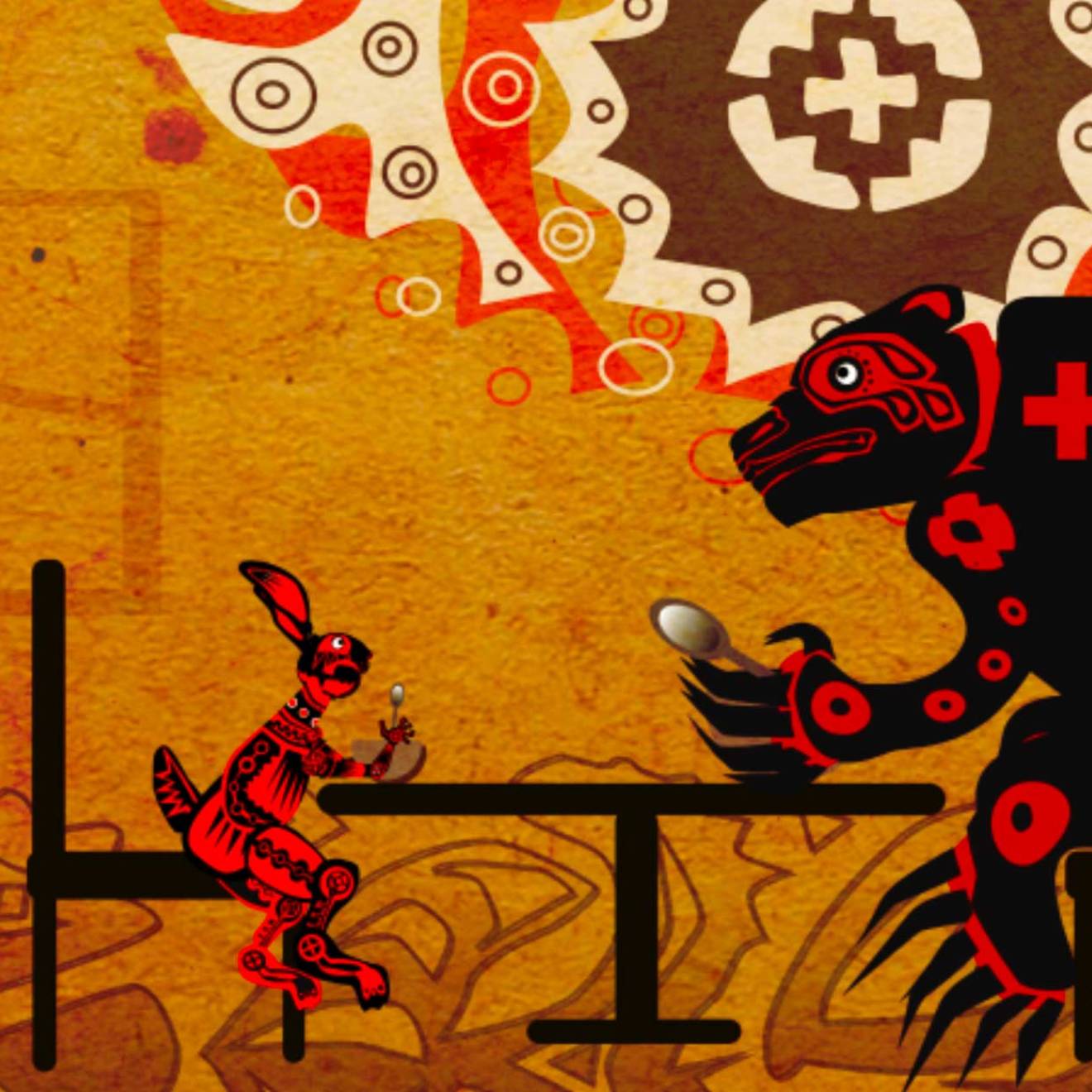Joanie Harmon, UCLA

Immigration is a hot topic — from presidential candidates jousting over immigration reform to the latest news about émigrés on the move around the globe. Yet all too often missing from the discussion is the perspective of immigrants themselves. What’s it’s like to leave one’s family and homeland and arrive as a stranger in a new country and culture?

Credit: UCLA
Michelle Caswell, an assistant professor of archival studies in the UCLA Department of Information Studies, is helping immigrants share these heartfelt recollections of their first days in the United States through the First Days Project.
The community-based online archive solicits and compiles short audio, video, and written narratives about immigrants’ first days in the U.S.
"We had not much money, we had only eight bucks in our pocket ... but we never thought about ‘Hey, what happens if things don't work out?’ That's pretty darned crazy, actually. We had no resources in the U.S. No contacts, no family."
— Kailash Joshi, who emigrated in 1963 from Delhi, India, to attend graduate school in Pullman, Washington.
"After that I remember walking to my new desk, put my head down and started crying. I was an alien, I guess. I didn’t fit in at all."
— Thomas “Tomo” Rich, who moved with his family from Okinawa, Japan, to Vancouver, Washington, in 2000 when he was 8 years old.

Karim Shamsi-Basha and his father.
“It was a very easy decision to make because I knew that they had one thing here that we didn’t, which was freedom. And I wanted that really, really bad."
— Karim Shamsi-Basha, who left Damascus, Syria, for Knoxville, Tennessee, in 1986.
"My dad got down on his hands and knees and kissed the doormat, the door mat to the door, the apartment door and then we went inside."
— Taso Lagos, whose family emigrated in 1967 from Vitalo, Greece, to Seattle, Washington.
First Days was launched in 2013 by the South Asian American Digital Archive, which Caswell co-founded and which she continues to serve as a member of its board and academic council. Global Nation PRI (Public Radio International) and other partners provide additional support for the project.
While First Days was initially conceived as a way to document the stories of South Asian-American immigrants, it has since expanded to serve all immigrants, due to interest from a diverse array of immigrant communities. To date, the narratives of 245 immigrants have been posted, a number that continues to grow as awareness of the project expands.
“The First Days Project … was started in response to the lack of everyday immigrant voices in most archival repositories," said Caswell. The stories, she added, provide “a sense of how emotional the immigration experience is — from fear, anxiety and loneliness to excitement, relief and wonder. These emotions are not found in bureaucratic documentation like immigration paperwork, so in many ways the stories … balance out the official record.”
First Days was recently honored with the American Historical Association's Roy Rosenzweig Prize for Innovation in Digital History. The archive also received a National Endowment for the Humanities Common Heritage Grant of $12,000 to host two “digitization” events to help showcase the diversity and depth of immigrant experiences in Los Angeles. The events will take place next May in Artesia — known as Los Angeles' Little India neighborhood — and in the Little Bangladesh section of Koreatown. Community members will be invited to bring family photographs, home movies, audio recordings, journals, newspaper clippings and correspondence for digitization, and selected materials will be incorporated into the First Days archive.
Caswell and her archive colleagues are also working on the organization’s first book, “Our Stories: An Introduction to South Asian America,” which will highlight dozens of stories from the archive. It is scheduled to be published next summer.
Find information about submitting a First Days story here. First Days also seeks volunteers to serve as reporters to gather and archive stories.
This story was adapted from the original published in Ampersand, the news magazine of the UCLA Graduate School of Education and Information Studies.

